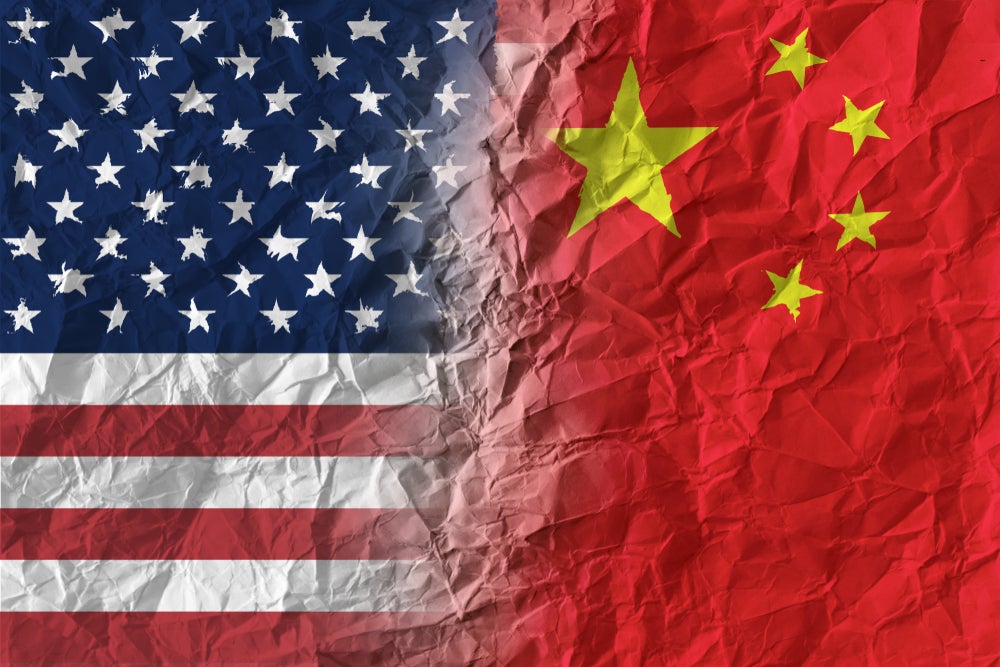
The return of President-elect Donald Trump to office raises the likelihood of a renewed wave of import tariffs, particularly targeting mainland China but potentially extending more broadly.
In a recent posting, Fitch Ratings highlights that businesses should be proactive in dusting off their tariff mitigation playbooks, leveraging both short-term financial strategies and long-term sourcing adjustments to manage the potential costs.
Lobbying for tariff relief
One of the first lines of defence against tariffs is lobbying for exemptions or the outright removal of duties. According to Fitch Ratings, this can include exemption requests, waivers, or direct advocacy to influence trade policies.
Pre-emptive lobbying efforts — seeking to prevent duties from being imposed — are often more effective than after-the-fact measures, which are frequently influenced by political considerations. When successful, exemptions can provide a temporary reprieve, though they are not always guaranteed or renewed.
The experience of firms during the Section 301 tariff exemption process of 2019 is instructive. One company achieved a 62.5% success rate in securing approvals, compared with an industry average of 3.5%, by leveraging strong political connections and demonstrating commitments to US-based manufacturing.
Financial strategies for immediate relief
Companies facing tariffs often focus first on strategies to address their immediate financial impact. Fitch Ratings outlines three main approaches:
- Passing costs to customers: Companies may increase product prices to offset tariff-related cost increases. However, this strategy carries risks, particularly in competitive markets, where price hikes can erode market share. Political and public scrutiny may also arise if these increases are seen as fuelling inflation.
- Negotiating with suppliers: Firms may seek to share the burden of tariffs by renegotiating supplier contracts to reduce input costs. While this is an optimal outcome financially, it requires time for competitive sourcing processes and supplier negotiations.
- Absorbing costs: Lowering margins is another option, particularly for high-margin businesses that can use this as a short-term solution. However, public companies may face shareholder resistance, while lower-margin firms may find this approach unsustainable.
Historical data offers insight into tariff impacts. Following the imposition of duties on $250 billion worth of Chinese imports in 2018, US import prices declined by 1.9% year-on-year by late 2019, reflecting efforts to renegotiate pricing and adjust sourcing.
Long-term sourcing adjustments
Beyond short-term financial fixes, Fitch Ratings notes that firms can also adapt sourcing strategies to mitigate tariffs over time:
- Stockpiling inventory: Companies can accelerate imports from targeted countries ahead of tariff implementation, creating a buffer of un-tariffed goods. However, Fitch Ratings cautions that elevated inventories can strain finances, particularly amid high interest rates.
- Shifting sourcing locations: Diversifying supply chains to non-tariffed countries is another strategy, supported by trade agreements or more favourable tariff regimes. The previous tariff cycle saw a significant reduction in US imports from mainland China, with their share of affected goods dropping from 21.6% in 2017 to 13.5% by mid-2024.
- Partial reshoring: Importing components for domestic assembly, rather than finished goods, can also reduce tariff exposure. However, this approach requires significant operational flexibility and may not be viable for all businesses.
Strategic planning for 2025 and beyond
As the contours of US trade policy under the new administration emerge, Fitch Ratings advises companies to assess their mix of financial and operational strategies. None of the approaches are cost-free, and firms will face trade-offs between raising prices, cutting expenses, or accepting reduced profitability. With tariffs poised to re-enter the policy landscape, businesses must act decisively to safeguard their financial and operational resilience.







